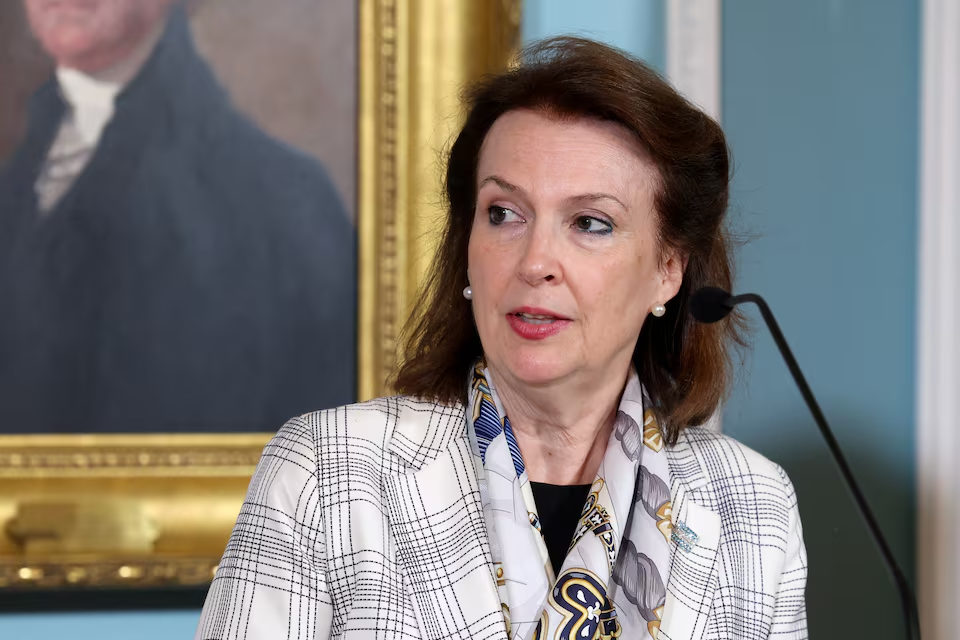In a surprising move, Argentina’s President Javier Milei replaced Foreign Affairs Minister Diana Mondino on Wednesday after Argentina voted in favor of lifting the decades-old embargo on Cuba at the United Nations. The decision to replace Mondino with Gerardo Werthein, the current Argentine Ambassador to the United States, marks a significant shift in Milei’s cabinet.
The dismissal, announced by presidential spokesperson Manuel Adorni, came shortly after the UN vote on the Cuban embargo, a topic Milei has strong opinions on. Mondino, an experienced diplomat and Milei’s initial pick for the foreign minister role, has been instrumental in balancing Milei’s assertive approach with Argentina’s diplomatic commitments. During her tenure, she managed to maintain stable relations with critical global partners, including Brazil, China, and the United States, despite Milei’s provocative statements about these countries.
However, Milei’s stance on Cuba has been notably strict. The president has previously expressed support for the embargo, citing Cuba’s human rights record and its one-party system as key concerns. This makes Argentina’s recent UN vote in favor of lifting the embargo all the more controversial. Although it remains unclear if Mondino directly influenced Argentina’s UN vote, her position on foreign relations occasionally diverged from Milei’s, particularly regarding engagement with nations viewed as adversaries by the U.S. and Western allies.
Gerardo Werthein, Mondino’s replacement, brings substantial diplomatic experience, particularly in handling U.S.-Argentine relations. He has represented Argentina in Washington since Milei took office, advocating for stronger economic and security ties with the U.S. His appointment signals an anticipated alignment with Milei’s vision of foreign policy, which emphasizes a more conservative and pro-U.S. stance.
Mondino’s dismissal has sparked debate within Argentina, with some questioning if the change might hinder Argentina’s diplomatic flexibility. “Mondino was a steady hand in turbulent times,” commented former Foreign Affairs official Mariana Lopez, suggesting her departure might lead to more rigid foreign policies. Mondino had attempted to maintain Argentina’s role as a balancing force in Latin America, navigating Milei’s outspoken criticisms of leftist governments while keeping Argentina in good standing with regional partners.
The UN vote on the Cuban embargo, held annually, has historically seen most Latin American countries support lifting the restrictions, citing the economic impact on the Cuban population. Argentina’s vote aligned with the majority of the UN General Assembly, which overwhelmingly voted to end the embargo. However, Milei’s administration is now at a crossroads as the president’s often contentious style clashes with the broader diplomatic framework.
Werthein is expected to take office later this week, with plans to pursue a more “consistent alignment” with Milei’s views. As he steps into this role, Argentina’s foreign policy may see adjustments aimed at bolstering ties with the U.S. and other allies. Meanwhile, opposition parties and international observers are closely watching how Milei’s administration will navigate future foreign policy challenges, especially those involving regional relations and global trade.



